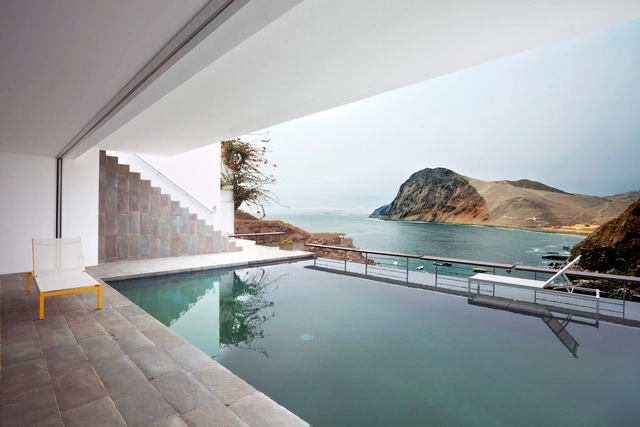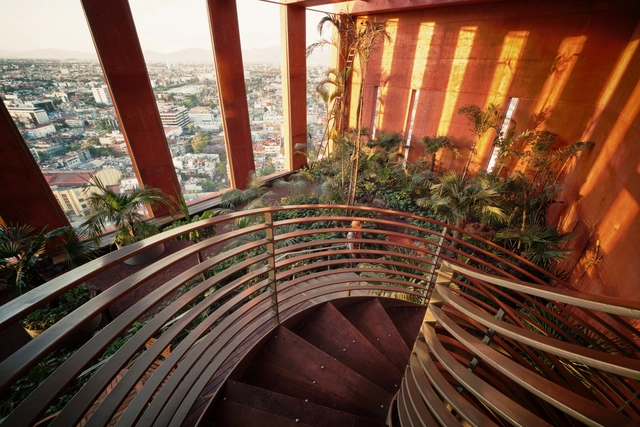
As part of a generation of designers that have, in recent years, put Mexico on the map, Tatiana Bilbao is an architect that is increasingly part of the profession’s global consciousness. But, while some Mexican architects have made their mark with spectacular architecture following the international trend of “iconic” architecture, Bilbao opted instead for a more people-focused approach. In this interview, the latest in Vladimir Belogolovsky’s “City of Ideas” series, Bilbao explains how she got into this type of community-building architecture, her thoughts on architectural form, and her ambitions for the future.








Wade_ZIMMERMAN_15nb_p325.jpg?1499405889&format=webp&width=640&height=580)








_Hedrich_Blessing_015.jpg?1478169991&format=webp&width=640&height=580)
